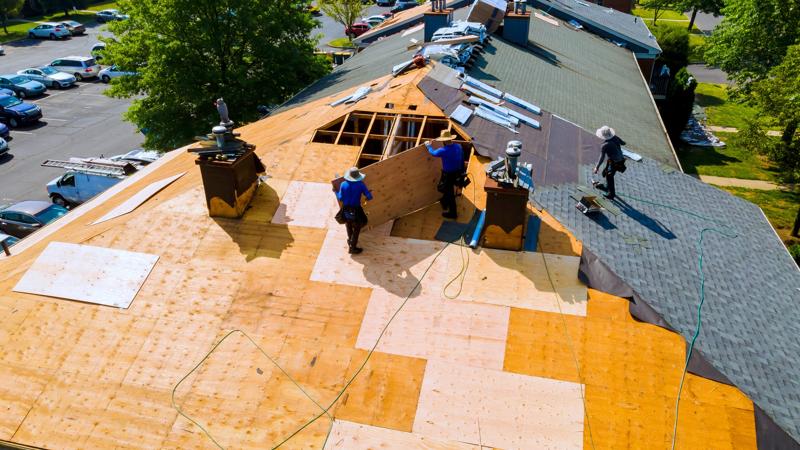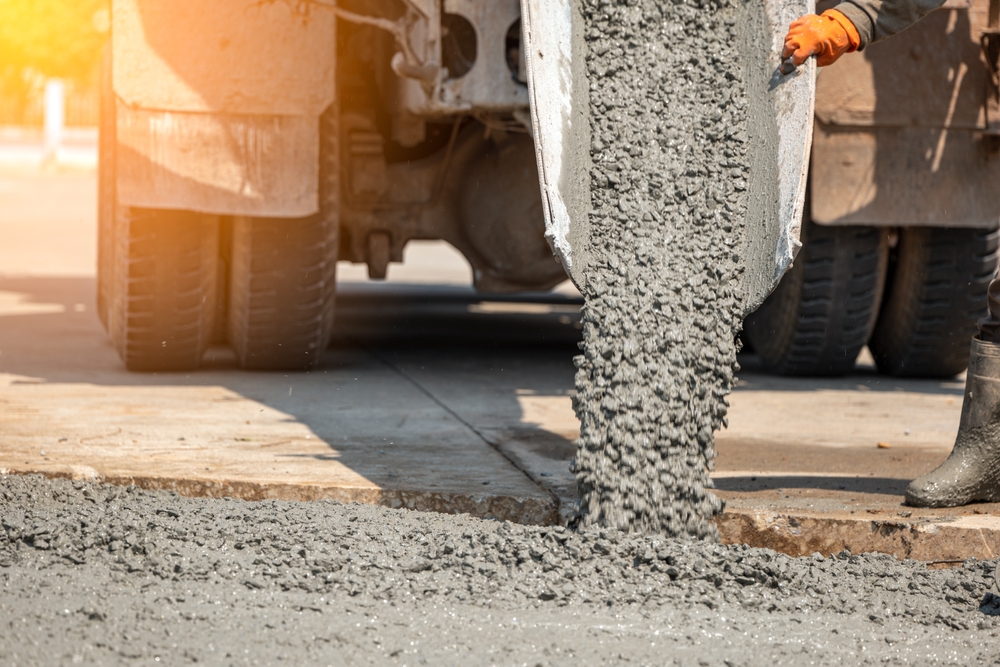Why You Should Install Solar Panels
Discover how solar panels work, their benefits, installation costs, and financing options. Click the link below to learn more.
Solar panels are rapidly becoming a popular choice for homeowners and businesses seeking sustainable energy solutions. This article explores how solar panels work, strategies to maximize their efficiency, reasons for installation, and the financial aspects of buying versus renting. We will also cover the average costs, ways to save money, financing options, and highlight some of the top solar panel companies.
How Do Solar Panels Work?
Solar panels convert sunlight into electricity using photovoltaic (PV) cells. Here's a step-by-step breakdown of the process:
- Sunlight Activation: When sunlight hits the PV cells in the solar panels, it energizes the cells, causing them to release electrons.
- Electric Current Creation: The movement of these electrons through the cells generates direct current (DC) electricity.
- Inverter Conversion: This DC electricity is then passed through an inverter to convert it into alternating current (AC) electricity, which is what most homes and businesses use.
- Power Distribution: The AC electricity is used to power appliances and devices, or it can be fed back into the grid for credit or stored in batteries for later use.

Strategies To Get The Most From Your Solar Panels
To maximize the efficiency and benefits of your solar panels, consider the following strategies:
- Optimal Positioning: Ensure panels are installed at the optimal angle and orientation to capture the most sunlight throughout the day.
- Regular Maintenance: Keep panels clean and free of debris to maintain efficiency. Regular inspections can catch issues early.
- Energy Monitoring: Use energy management systems to monitor and optimize your energy consumption.
- Upgrade Inverter: Invest in a high-quality inverter to maximize energy conversion from DC to AC.
- Battery Storage: Consider adding battery storage to store excess energy for use during non-sunny periods or peak energy times.
Why Should You Install Solar Panels?
Installing solar panels offers several compelling benefits:
- Reduced Energy Bills: Generate your own electricity and reduce dependence on the grid, leading to significant savings on energy bills.
- Environmental Impact: Solar energy is a clean, renewable resource that reduces your carbon footprint.
- Energy Independence: Gain greater control over your energy source and reduce vulnerability to energy price hikes.
- Property Value Increase: Homes with solar panels can have higher market values and sell faster than those without.
- Incentives and Tax Credits: Take advantage of federal, state, and local incentives that can offset the initial installation costs.
Benefits of Buying vs Renting Solar Panels
When deciding between buying or renting (leasing) solar panels, consider these benefits:
Buying Solar Panels:
- Full Ownership: You own the system outright, leading to long-term savings.
- Increased Property Value: Owned solar systems can increase your home’s resale value.
- Tax Benefits: Eligibility for federal and state tax credits and incentives.
- Greater Savings: Potentially higher savings over the system’s lifespan compared to leasing.
Renting Solar Panels:
- Lower Upfront Costs: Little to no initial investment required, making it accessible to more people.
- Maintenance and Repairs: Typically covered by the leasing company.
- Flexibility: Easier to upgrade or replace panels as technology advances.
- Predictable Payments: Fixed monthly payments can simplify budgeting.
Average Costs and Ways To Save Money When Purchasing Solar Panels
The cost of solar panels varies based on several factors, including system size, location, and panel quality. On average:
- Installation Costs: Typically range from $15,000 to $25,000 before incentives and rebates.
- Cost Per Watt: Solar panel systems cost approximately $2.50 to $3.50 per watt.
Ways to Save Money:
- Government Incentives: Utilize federal and state tax credits, rebates, and grants.
- Solar Loans: Financing options with low-interest rates can spread the cost over time.
- Group Buys: Participate in community or group purchasing programs to get bulk discounts.
- DIY Installation: If feasible, self-installation can reduce labor costs.
Financing Options
Several financing options can make solar panels more affordable:
- Solar Loans: Borrow the money to purchase your system and pay it back over time.
- Power Purchase Agreements (PPA): Pay only for the energy produced by the panels, often at a lower rate than utility prices.
- Solar Leases: Lease the panels and pay a monthly fee to use the system.
- PACE Financing: Property Assessed Clean Energy programs allow homeowners to finance solar through property tax assessments.
Popular Solar Panel Companies
Here are some of the leading companies in the solar panel industry:
- SunPower: Known for high-efficiency panels and comprehensive warranties.
- Tesla Solar: Offers solar panels and solar roof tiles with integrated battery storage solutions.
- LG Solar: Provides a range of high-quality, efficient solar panels.
- Vivint Solar: Offers flexible financing options, including leases and PPAs.
- Sunrun: Specializes in residential solar energy systems and leases.
Current Promotions and Offers
- SunPower: Up to $1,000 rebate for qualifying solar system purchases.
- Tesla Solar: Reduced prices on Solar Roof installations in select areas.
- Vivint Solar: Special introductory rates for new customers and zero-down financing options.











